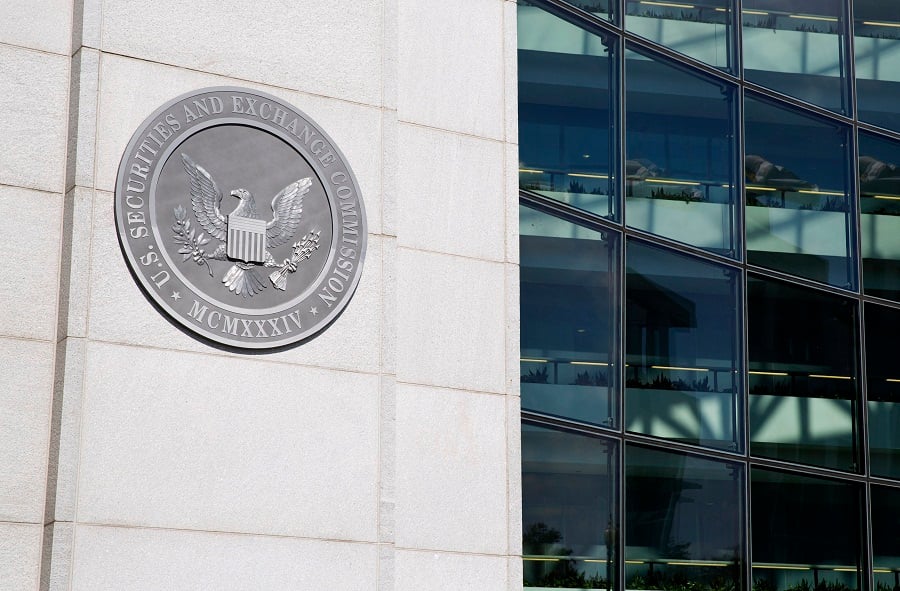

A federal court in Georgia on Tuesday granted a temporary restraining order and asset freeze requested by the Securities and Exchange Commission to stop a $110 million Ponzi scheme allegedly run by Marietta resident John Woods for more than 10 years.
Woods operates an RIA, Southport Capital, and a fund, Horizon Private Equity. He and other Southport advisers raised more than $110 million from over 400 investors in 20 states by offering and selling membership units in Horizon, the SEC said in a release.
They allegedly told investors — including many elderly retirees — that their Horizon investments were safe. The investments would be used for different investment activities and would pay interest of 6% to 7%, and investors could get their principal back without penalty after a short waiting period, the investors were told.
According to the SEC complaint, however, these statements were untrue. Horizon didn't earn any significant profits from legitimate investments, and a large portion of the "returns" paid to earlier investors came out of money from new investors.
The complaint also alleges that Woods repeatedly lied to the SEC during regulatory examinations of Southport.
The SEC is seeking preliminary and permanent injunctions, disgorgement, prejudgment interest, civil penalties, an asset freeze and the appointment of a receiver.

The alts giant's latest executive hire builds on its continuing strategy to expand into the private wealth space.

While it's a useful rule of thumb, wealth industry experts agree Social Security benefits, retirement income planning, and individual expenses should also be factored in.

The holdout optimist from Wells Fargo sees market "past peak uncertainty" as trade war fears push many cheerleaders to pare back their predictions.

Last year's standout winners reflect on their triumph as the wealth industry gears up for another unforgettable night in New York City.

Financial advisors are becoming a bit more leery that fees, particularly for their wealthiest clients, are on the verge of taking a hit.
From direct lending to asset-based finance to commercial real estate debt.
RIAs face rising regulatory pressure in 2025. Forward-looking firms are responding with embedded technology, not more paperwork.
